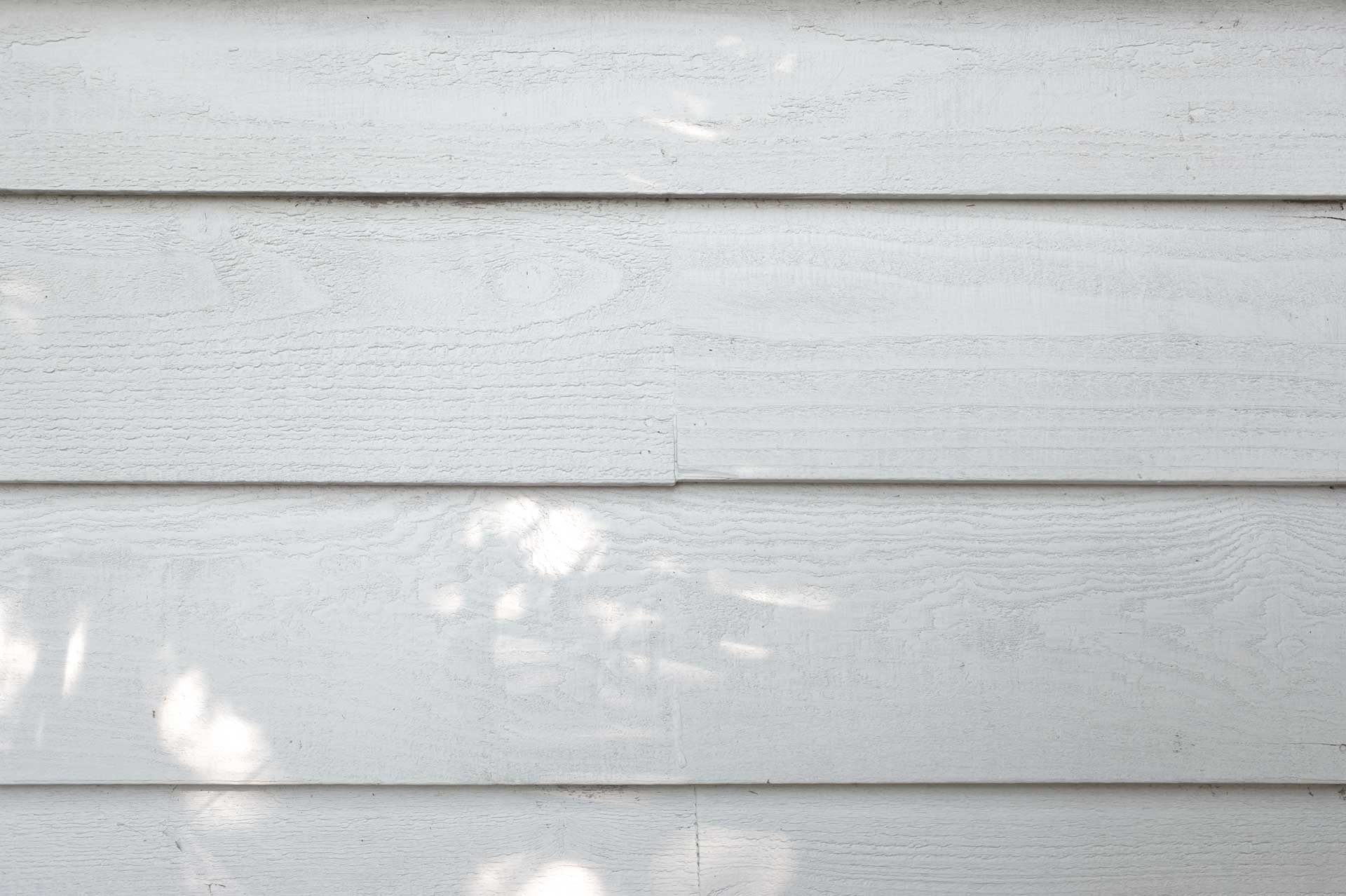Singing in the Dark Times, Tom Haushalter
I was in the third grade when I wrote my first story.
It was a story about a mouse. A mouse who got into mischief. It wasn’t groundbreaking work, but it sure was fun. In those days, I had been gobbling up the books of Beverly Cleary, who had also written about such a mouse. My favorite of Cleary’s books, though, was one called Dear Mr. Henshaw, which is comprised entirely of letter correspondence between a boy and his favorite author. That book taught me more than I realized then about the many different ways a story can be told (through letters, for instance) and even how literature and its makers are not static, unattainable objects of admiration—not even if they’re long dead and heavily footnoted in college textbook editions. Writers and especially their work, I know now, are tangible, breathing, exhilarating or infuriating, living things.
We’re never done with a great book we’ve read, and that book is never done with us. It lives, it changes, and changes us.
It wasn’t until second year of college that Poetry finally had me in its grips. I had toyed around with it in various writing classes, and of course there were the reams of breakup poems from the summer of ’99. (You guys, she trampled my heart.) Even still, up to that point poetry—at least the poems I’d read—still maintained an air of scholarliness, distance, rigidity. Not malleable, not yet alive.
Then Poetry blindsided me, as it does, in the most disquieting way, when in my sophomore year I signed up for an elective called The Poetry of Witness, a survey of 20th-century verse written by poets who have lived through and among—who bore witness to—the far-too-numerous wars and atrocities that in so many ways defined the modern era. Poems of the first global war, poems of the Soviet revolution, poems of the Holocaust. Poems of conflicts and oppression in parts of the world we still hear too little about: Latin America, even South Africa. Poems of the war in Vietnam. Poems of the Civil Rights movement. Our textbook was an anthology called Against Forgetting: Twentieth Century Poetry of Witness, itself a monumental service to the English-speaking world for collecting hundreds of translations from many corners of the globe and by poets largely unknown here in America. The poems themselves often feel like their own miracles, for having been written in the first place, and then for having survived.
I remember the paper I wrote for that class: an essay focused on the famous poem “Death Fugue” by the German-speaking poet Paul Celan. A rhapsodic, repetitious poem that gathers and gathers steam toward a booming crescendo, as its title suggests, it’s an exhilarating, infuriating, and indisputably beautiful piece of work. It’s also so horrible. A layer on top of its own musical tropes, the poem depicts a scene at a concentration camp in which Jewish prisoners are digging a grave while another group of them are ordered to “strike up and play for the dance.” There’s a great deal of evidence that the SS forced prisoners at Nazi camps to form orchestras and play for their entertainment.
“Death Fugue” and so many other poems of witness forced me to ask a question of poetry (and all of literature, I suppose) that nothing in my world had prepared me to ask: that is, how does one still make art, ostensibly something beautiful and enriching, after atrocity, after genocide, after so much death?
That was my profound quandary then. I’m not sure I answered it, though I thought a lot about it.
I was also young and naïve. Now I sit in front of my computer in earthly quiet Vermont, writing this down, and I begin to realize that that is not my question to ask. How is there beauty after the bombs? I don’t know that there is. I cannot know. The poems of the Holocaust or Hiroshima or apartheid—carefully considered pieces of writing, lyrical in their construction and execution—what must they represent to us who are worlds away from that kind of witness, even now as refugees pour over the Syrian border? Who am I to read and understand these poems?
Isn’t that the question?
We read these poems because they survive, and because they are artistic expressions of the Truth. In the time of their making, under circumstances more risky and dangerous than we can even imagine, these poets refused to remain silent. They would suffer exile or imprisonment, injury or even death. They give names to history’s nameless. They teach us never to forget or to repeat. They, all of them, are voices of the resistance.
I’ll let you draw your own parallels to the current day.
The poems of witness, even the ones being written in and of our own land today, I think aren’t written out of the need to say something beautiful, but of the need to say something, using sometimes the only means available to utter complex truths, to bring language towards its essence, to say what in the world happens to the soul.
Or to quote the German playwright Bertolt Brecht: “In the dark times will there also be singing? Yes, there will be singing. About the dark times.”
—Tom Haushalter
4/9/2017



Tom,
I heard you read last night at the Hartland Library, and an announcement of the event from LiteraryNorth brought me here, to this site. If it is still “live”, and you see this note, just: thank you! I am glad you are part of the poetry community around here. And, good job last night. And, this is an excellent essay; maybe you should hand it out at your AVA class?
Cheers, Marjorie M.